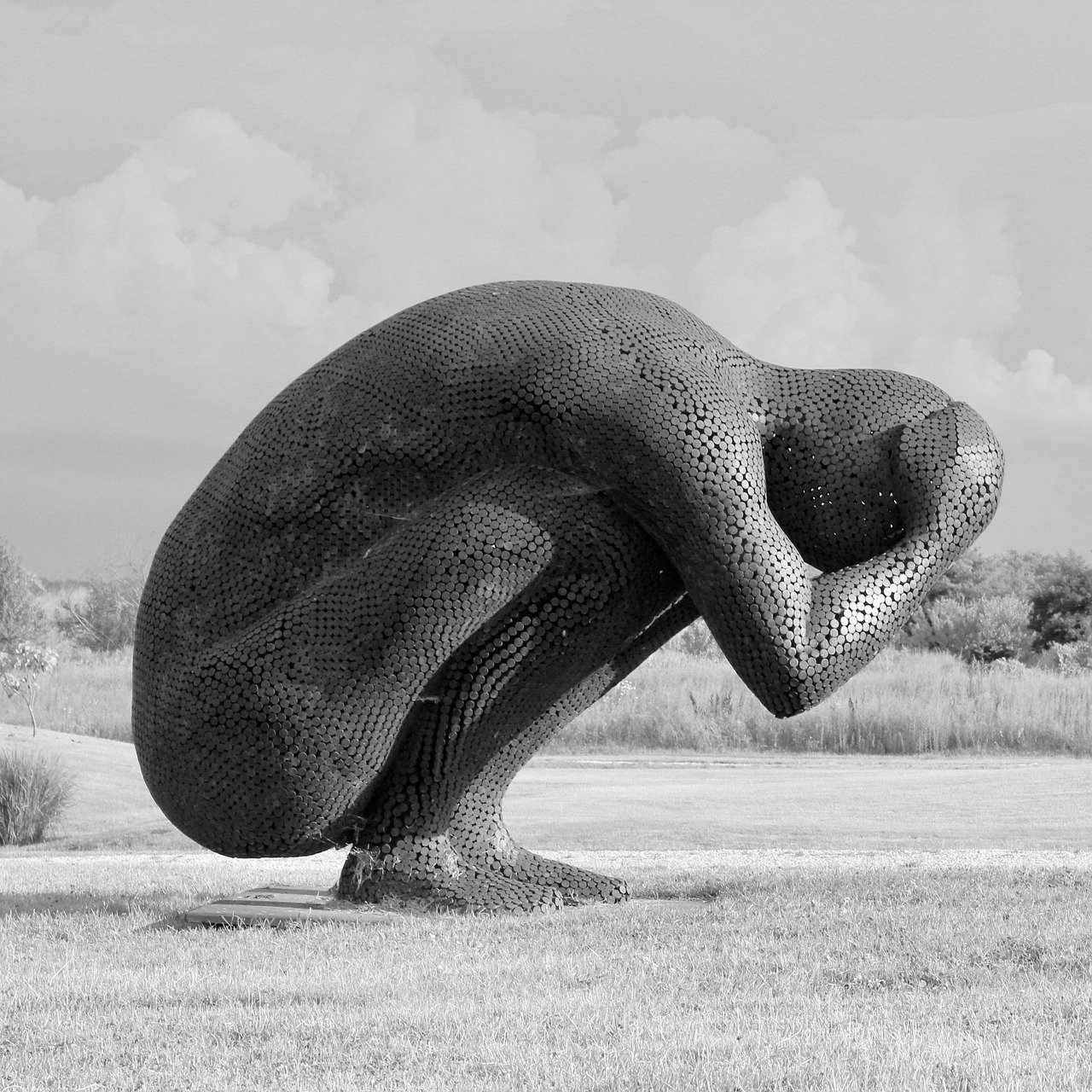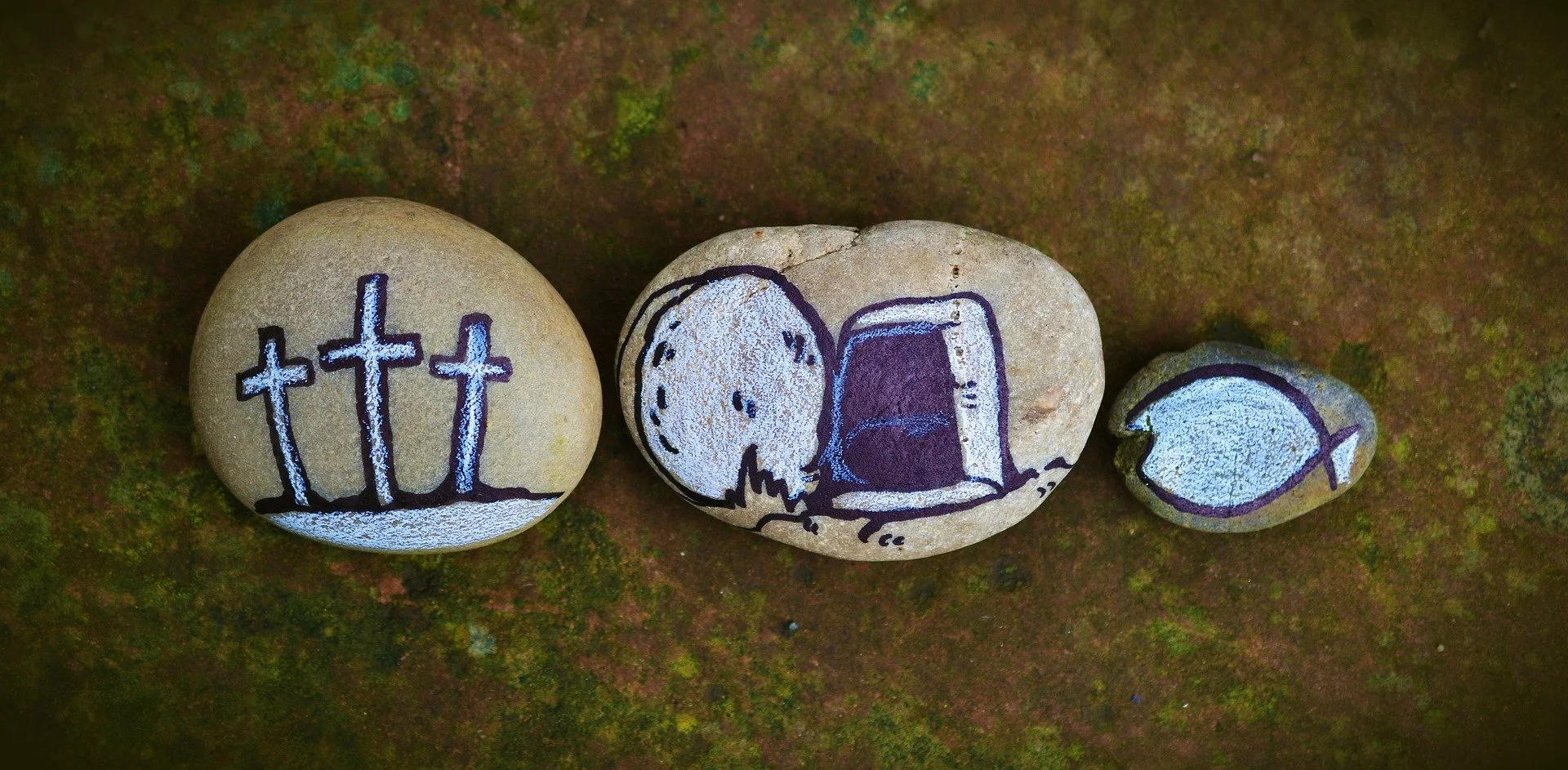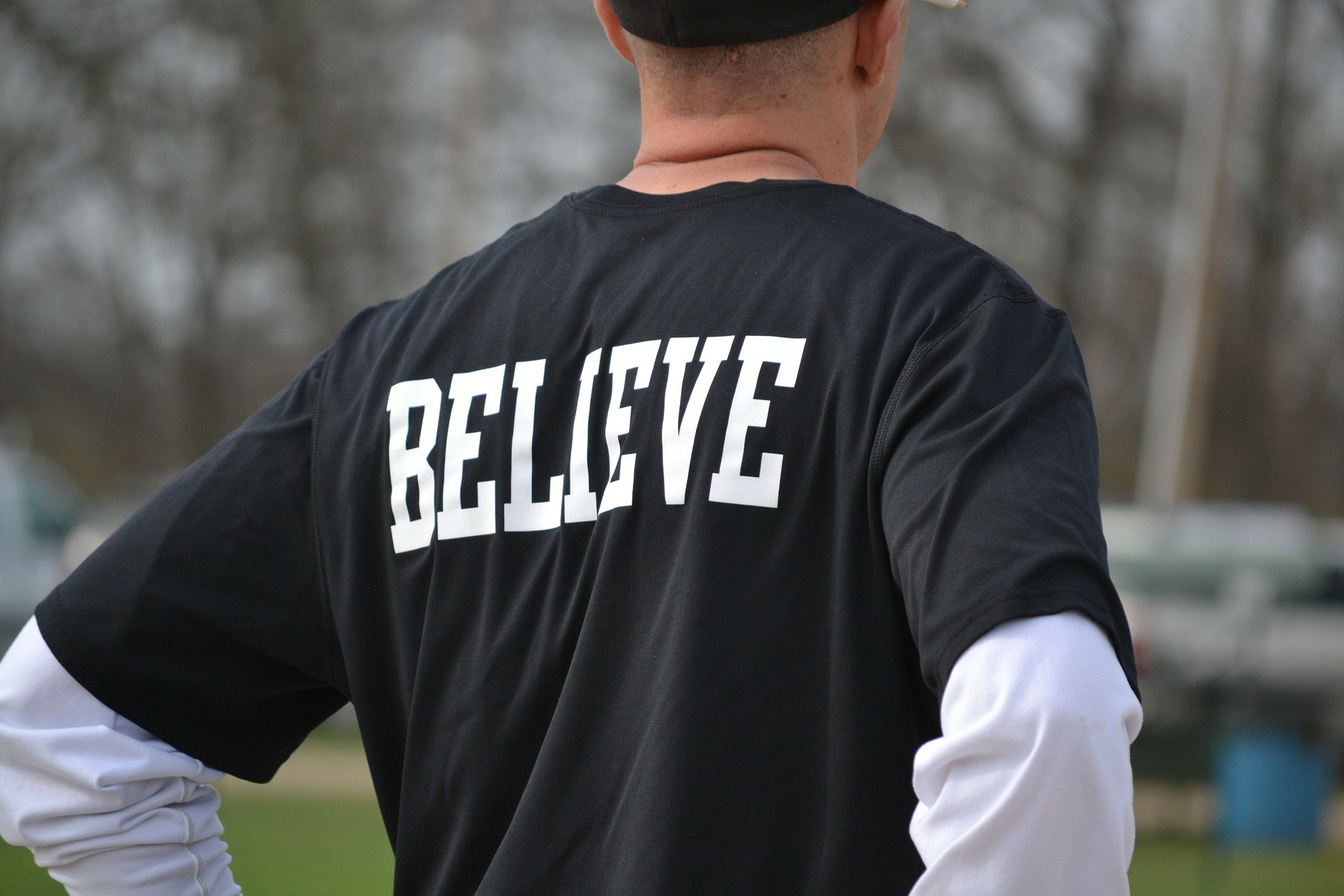A Year of Waiting - Tarry
The word tarry as defined in Webster’s Online Dictionary means: to delay or be tardy in action or doing; to linger in expectation; wait; to abide or stay in or at a place; stay, or sojourn. Tarry is an older word used in the first few senses in the 14th century. Ask yourself, how often do I use the word tarry today? We don’t usually say, “I tarried at the train station.” “I’m going to tarry at the seashore.” “I’m sure to tarry in line at the concert.” It sounds rather archaic.
When it comes to this word journey I have been on for the year 2024, I like the way tarry opens up other doors and windows to this idea of waiting. As I have noted previously, waiting can be a complete drag, and most of us would not sign up for an adventure in waiting, but our lives are full of lines, traffic jams, delays, and prospects of a future that require we wait.
When I hear the word tarry, I do not think of a long term situation. However, if we look at the King James Version of scripture, which uses a synonym, sojourn we see that the span of time could be quite lengthy.
“Now the sojourning of the children of Israel, who dwelt in Egypt, was four hundred and thirty years.”
Still we get the sense that it was not intended to be forever. When God speaks of a long term living situation He often uses the word dwell, or abide. We took a closer look at the word abide in February. You can see that post here.
“1 Behold, how good and how pleasant it is
For brothers to dwell together in unity!
2 It is like the precious oil upon the head,
Coming down upon the beard,
Even Aaron’s beard,
Coming down upon the edge of his robes.
3 It is like the dew of Hermon
Coming down upon the mountains of Zion;
For there the Lord commanded the blessing—life forever.”
Psalm 133 has a tone I would associate with a long term living situation. God intended that we dwell together in unity in a place where we experience the blessing of life forever. In this psalm it is a reference to Zion, which we can also look at as eternity with God. With the state many of our current churches are in it can be hard to imagine being able to dwell with those same brothers or sisters together forever in unity. Ha, ha. However, God said it will be true. We won’t just be tarrying, but putting down roots and dwelling.
Image by Filip Loczek from Pixabay
Since we already looked at the idea of abide, I wanted to spend some time thinking about what it means to tarry with God. I have learned, it is essential that we tarry with God as much as we can, especially when our lives are pulling us in so many directions. You might feel on any given day, “I don’t have time to abide. I am too busy.” However, if we don’t find the time, God will give us the time, and that is not always preferable as it usually comes with some sort of difficulty. God is not mean hearted, He loves you purely with everlasting love, and He knows exactly what you need, and that is directly linked to the time you spend with Him.
Let me give you a personal example. I was really struggling for several weeks this past month. I was exhausted, discouraged and my heart felt so heavy. Grief was a blanket I was regularly wrapping up in. Grief over my mom being in a nursing home and not being able to be there to help with her care. Grief over my children who have walked away from the truth of the scripture and the love of Jesus. Grief over the state of our country and the fear of the looming downward spiral. Grief over relationships. Grief over loved ones with cancer and other illnesses. Grief over other people’s kids who were struggling with addictions and various other issues. Grief over my own health. The list goes on.
I am learning the importance of acknowledging these feelings and allowing myself to feel them. They are real, after all, and are felt on the deepest levels. However, we all know we can’t live in those dark places. We always need to return to the light, otherwise the darkness will become an all too comfortable place to abide and dwell.
I felt God pulling me. Whispering to me, “Amy, come to Me. Spend time with Me. Only I can meet every need and help you bear every burden.” I know this to be true, but as you know our flesh wars against us every chance it gets. Finally, one sunny afternoon, I took my Bible and my prayer journal out on the patio and began a search through the scriptures. I was looking for Psalm 34:18
“The Lord is near to the brokenhearted And saves those who are crushed in spirit.”
I knew it was in the psalms, but I couldn’t remember where, so I just started leafing through. God brought me two different passages.
“8 Depart from me, all you who do iniquity,
For the Lord has heard the voice of my weeping.
9 The Lord has heard my supplication,
The Lord receives my prayer.”
Image by wal_172619 from Pixabay
“1 “I love You, O Lord, my strength.”
2 The Lord is my rock and my fortress and my deliverer,
My God, my rock, in whom I take refuge;
My shield and the horn of my salvation, my stronghold.
3 I call upon the Lord, who is worthy to be praised,
And I am saved from my enemies.”
When we tarry with God we can find peace and joy, even in the midst of our grief and pain. When we tarry we spend time, even just a small amount of time, doing the following:
1 - Remembering God’s character - He hears our weeping, our supplication and He receives our prayers. Don’t you love that? God isn’t ashamed of our emotions. He wants us to come and ask. He is our Abba, Father and He loves us. He wants to hear our prayers. He doesn’t just hear them, He receives them. He takes them on as His own. Remember The Bee Keeper? If you don’t, buzz on over to that post for a refresher.
2 - Acknowledging His abilities - He is our strength. He is our rock, our fortress, and our deliverer. He is our shield. He is our salvation. He is our stronghold. He is our refuge. All of these things are His abilities, and He gives them to us without reserve. He can protect, give strength, and get us through anything that comes our way.
“7 Then the earth shook and quaked;
And the foundations of the mountains were trembling
And were shaken, because He was angry.
8 Smoke went up out of His nostrils,
And fire from His mouth devoured;
Coals were kindled by it.
9 He bowed the heavens also, and came down
With thick darkness under His feet.
10 He rode upon a cherub and flew;
And He sped upon the wings of the wind.
11 He made darkness His hiding place, His canopy around Him,
Darkness of waters, thick clouds of the skies.
12 From the brightness before Him passed His thick clouds,
Hailstones and coals of fire.
13 The Lord also thundered in the heavens,
And the Most High uttered His voice,
Hailstones and coals of fire.
14 He sent out His arrows, and scattered them,
And lightning flashes in abundance, and routed them.
15 Then the channels of water appeared,
And the foundations of the world were laid bare
At Your rebuke, O Lord,
At the blast of the breath of Your nostrils.”
Image by Jean Louis Tosque from Pixabay
3 - Renewing our understanding of Him - I have read Psalm 18 numerous times, but the Scripture, being that it is living and active, spoke to me anew. The above verses floored me. He is not just a gentle and loving God; He is a powerful, mighty force able to move mountains with a thought. He has, can and will display holy anger when the time is right for His wrath and will to be accomplished. It sets my heart to quaking, but also fills me with hope. He will have the final word, and all that is dark, and ugly, and painful will be burned away in His purest, most holy light.
“16 He sent from on high, He took me;
He drew me out of many waters.
17 He delivered me from my strong enemy,
And from those who hated me, for they were too mighty for me.
18 They confronted me in the day of my calamity,
But the Lord was my stay.
19 He brought me forth also into a broad place;
He rescued me, because He delighted in me.”
Image by Dimitris Vetsikas from Pixabay
“49 Therefore I will give thanks to You among the nations, O Lord,
And I will sing praises to Your name.”
4 - Thanking Him for all He has done - If you can only tarry for a few minutes, I think this is the best bench to sit on. Gratitude is known to change hearts, minds, health, and perspective. When we sit for a few minutes on God’s goodness and provision to us it gives us the ability to keep going because we come away with hope. With God there is always hope.
Take it from me, if you are struggling with grief, pain, bitterness or other unresolved feelings and situations it certainly is helpful to talk it out with a trusted friend or counselor, but also don’t forget to tarry for a little while with Jesus. He makes all the difference.




































































































